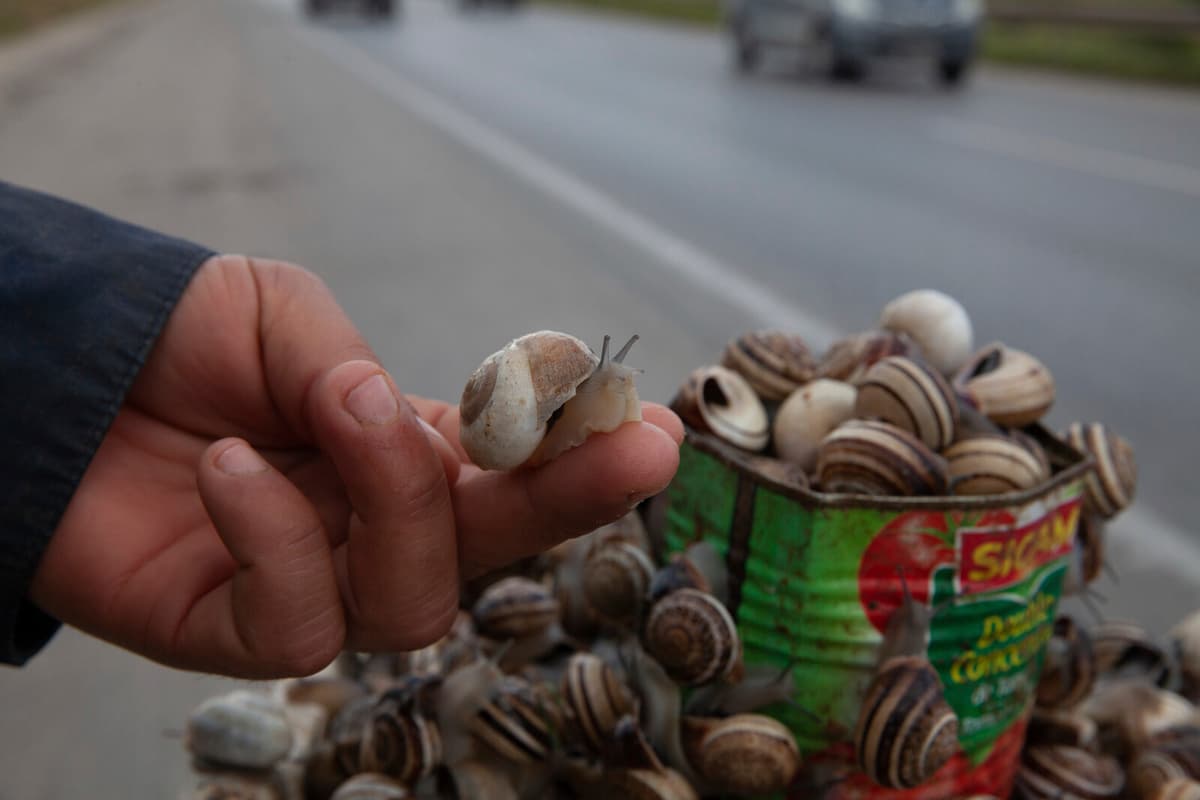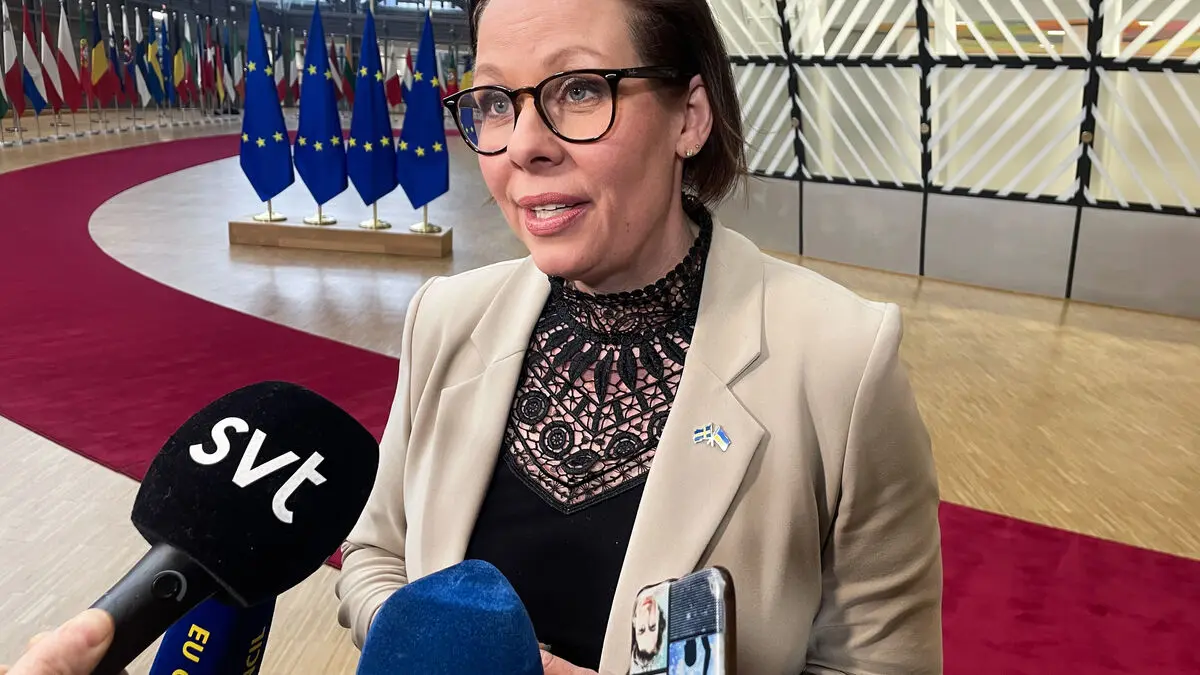They are profitable, beneficial and quite sought after, says 29-year-old Karim from the village of Akouda, who is one of many who sell the small snails.
Tunisians have been eating snails for over 7,000 years, according to a research report published last year in the journal Archaeological and Anthropological Sciences. Today, snails are seen in many countries primarily as a delicacy consumed at restaurants, but in Tunisia, they are used as a cheaper and protein-rich alternative to red meat. Moreover, they taste excellent with a bold seasoning.
Widespread discontent
For some in Tunisia, snails are a lifeline. Youth unemployment is over 40 percent and inflation is still high, three years after reaching the highest level in decades.
The lack of faith in the future and lack of opportunities has led to widespread discontent and more and more people are moving to Europe.
Snails have low fat content and contain high levels of iron, calcium, and magnesium. The kilo price is approximately half of what beef costs, if not less.
Snails are better for cooking than lamb. If lamb meat costs 60 dinars (nearly 195 kronor), a bowl of snails costs 5 dinars (just over 16 kronor), says a man named Mohammed at the market in Akouda, just north of Sousse in the northern parts of the country.
Better for the environment
The price of red meat continues to rise, just like poultry meat. But it's not just the economic situation that makes snails attractive, the environmental benefits are also of interest. According to researchers, snails are a more sustainable solution as they cause much less carbon dioxide emissions than livestock. Moreover, no deforestation is required, as is the case for traditional cattle breeding.
Wahiba Dridi serves snails at her restaurant in the capital Tunis. There, they are traditionally cooked with paprika and spices and were popular during this year's Ramadan, which ended last week. Even though Tunisians traditionally eat red meat during meals when breaking the daily fast, the price is a strong factor.
If people knew the value of snails, they would eat them all year round, says Wahiba Dridi.






